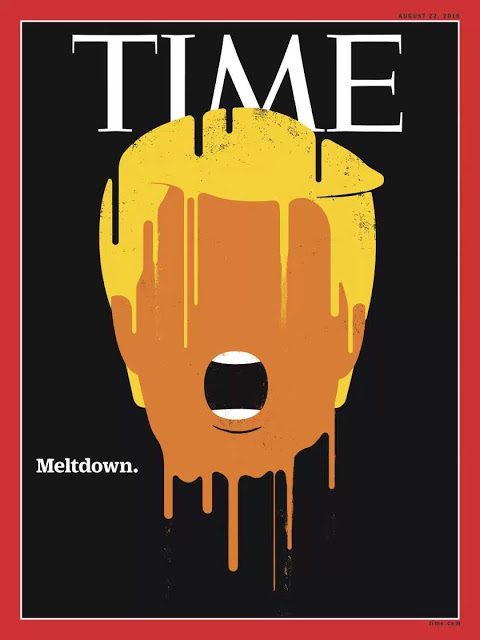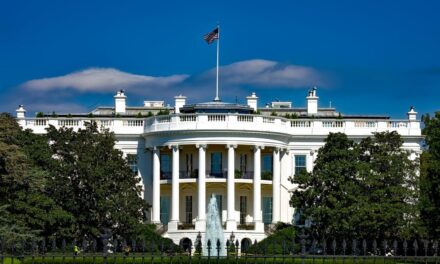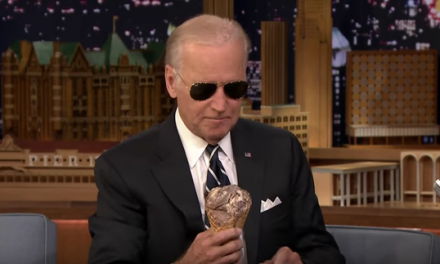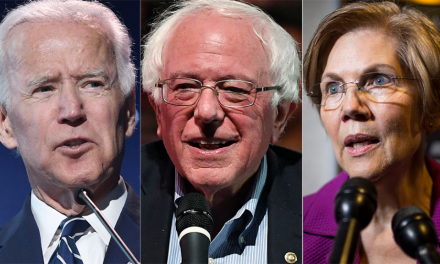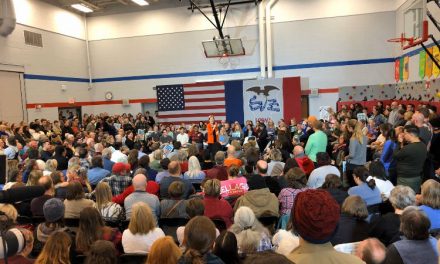While the nation reads through the highly redacted Mueller Report, here’s something else to ponder from Philip Bump of the Washington Post:
“Shortly before the election, we looked at two conflicting metrics that suggested very different results in the House contests.”
“According to Gallup data on past midterm elections, the strength of the economy suggested the Republicans would lose only a few seats in the House, fewer than 10 — at least, if past behavior was a guide. At the same time, though, Trump’s unpopularity meant it was more likely that the Republicans would lose far more seats, perhaps as many as 40.”
“Both of those things couldn’t be true. The Republicans couldn’t both fare decently because of the healthy economy and terribly because of the unpopular president.”
“They lost 41 seats. The ‘unpopular president’ theory was a better predictor of the results than the ‘good economy’ one.”
I really have no idea what the economy will look like in November 2020, but assuming that we’re not in a recession and the unemployment rate is still low, the president should be in a position to worry about other things than the performance of the economy during his tenure in office.
It’s true that the results from the midterms suggest that perhaps he shouldn’t take too much comfort in that, but maybe this is the wrong way to look at things. Republican candidates for office did not do well in 2018 despite a decent economy, and this could have been a result of the Republican president being unpopular. But another possibility is that they did poorly because that unpopular president wasn’t on the ballot. That may seem counterintuitive, but if we look at the difference in how Democrats performed in the midterm elections of 2010 and 2014 and how they performed during President Obama’s reelection campaign in 2012, it’s not hard to see that a president’s party can underperform when he or she is not one of the candidates on the ticket. Obama’s base turned out for him, but they did not turn out for congressional Democrats.
Obama was more popular in 2012 than Trump is likely to be in 2020, but it’s still possible that congressional Republicans will fare better with Trump on the ballot than they did without him on it. The sad fact is that Republican voters support this president in overwhelming numbers, but they don’t generally give good grades to their congressional leaders. It’s likely that Trump will have an easier time getting the base to the polls than Mitch McConnell and Paul Ryan did in 2018. And that should benefit Republican candidates for Congress.
These elections are often decided on differential turnout as much as persuasion. In 2018, the Democrats were eager to vote as a way of expressing their displeasure with the president, but Republicans didn’t race to the polls to defend him by protecting his congressional majorities. The motivational gap between those two groups was at least as important as the state of the economy or the overall approval numbers for the president. It was at least as important as anything the congressional Republicans were doing or not doing with their power.
In 2020, we should not expect differential turnout to be as much of a factor. Both bases will turn out, and therefore other factors will be more important. The economy will be one of those factors. Persuasion will be another.

